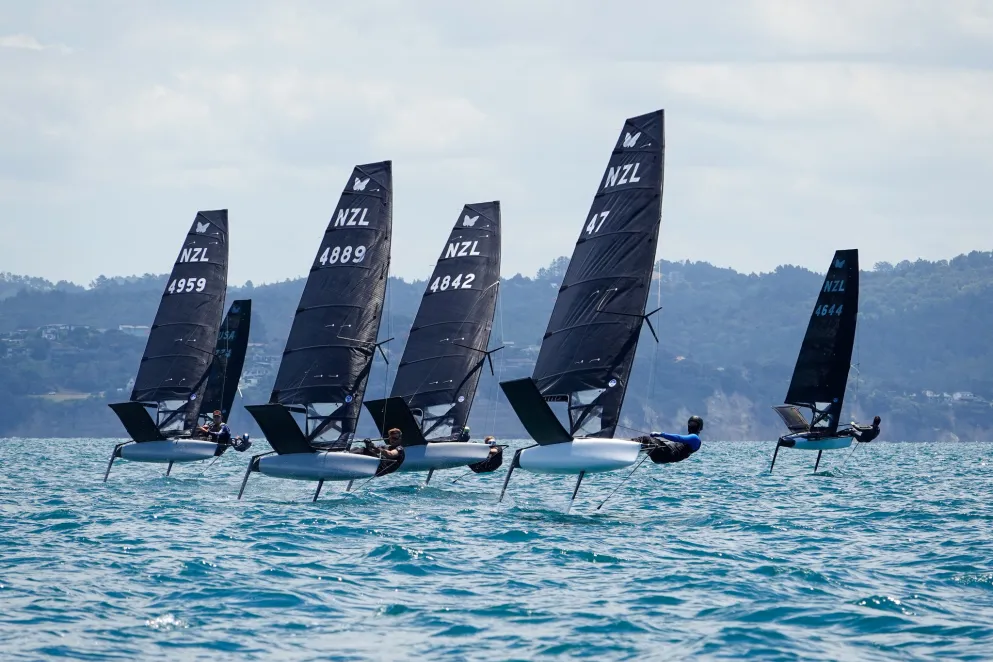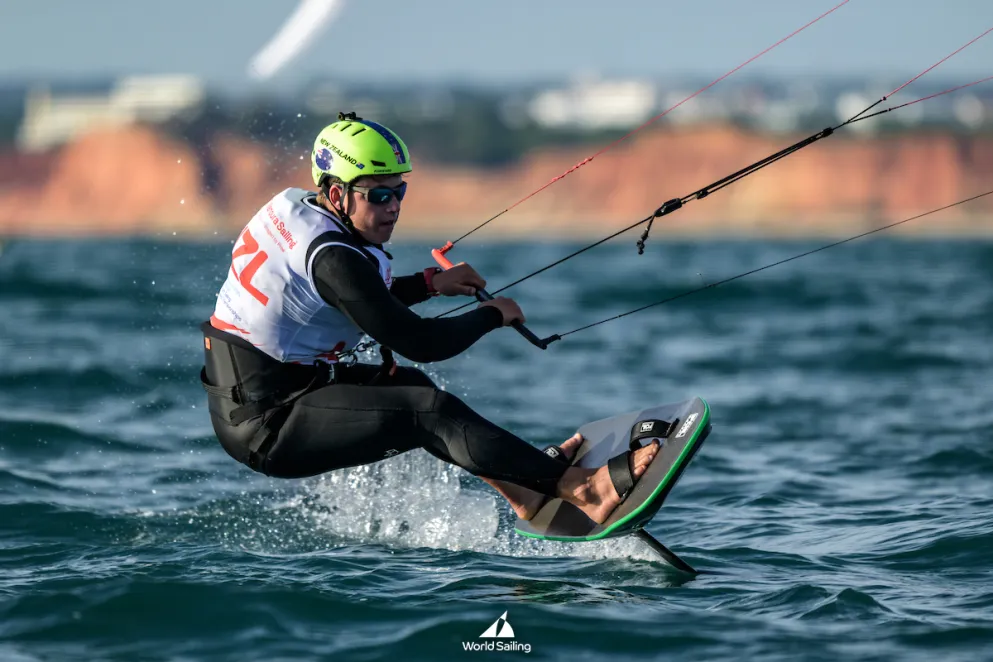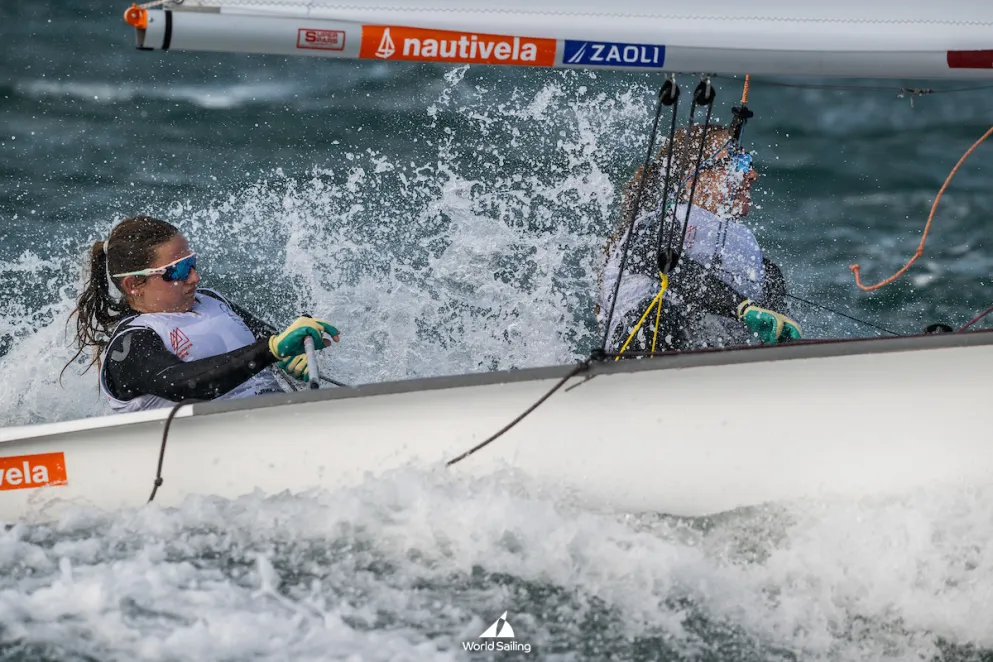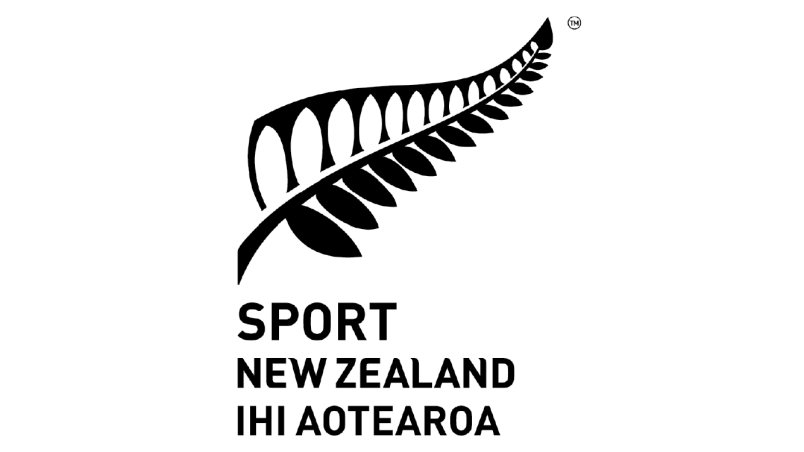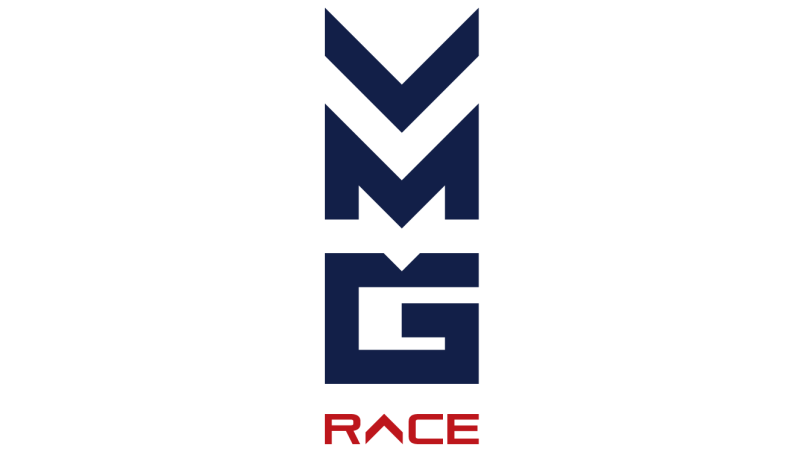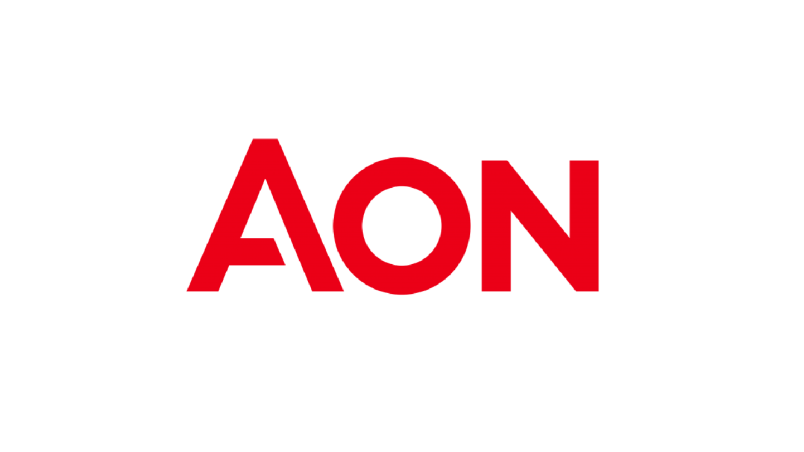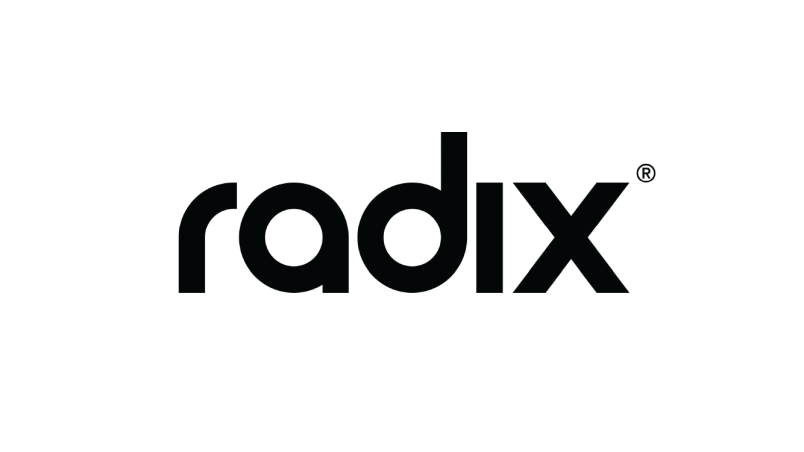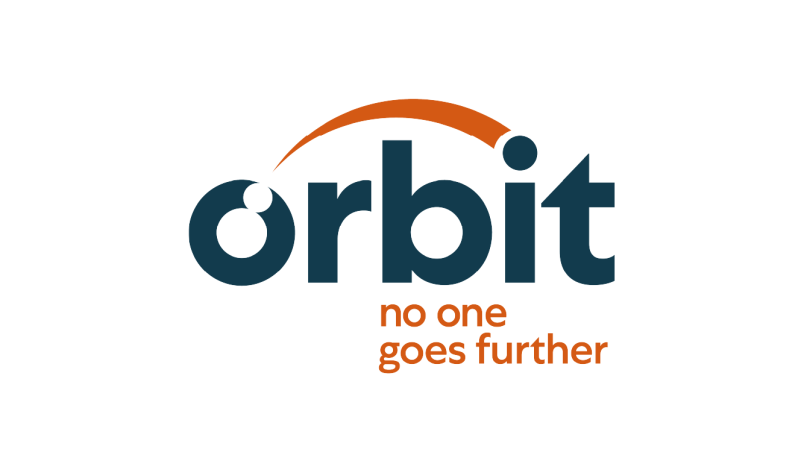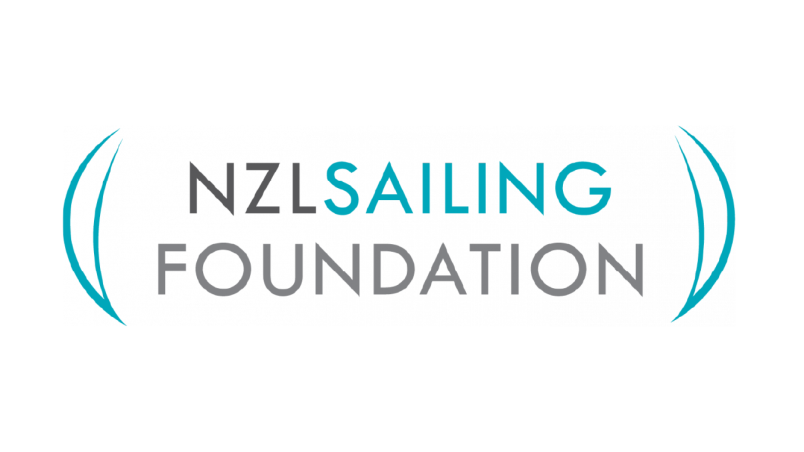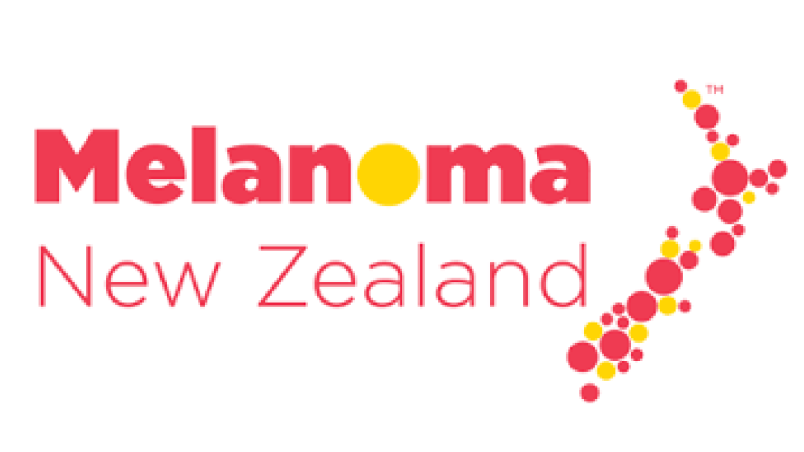FAQs: How to host a big regatta
The 2024 Moth world championships at Manly Sailing Club will be the first class world championships hosted in New Zealand in some time. Several other clubs and class associations are also exploring the opportunity to host big international events in the coming seasons, and we check in with Yachting New Zealand’s youth and events manager Sam Mackay, who has been organising the annual Oceanbridge Sail Auckland Regatta and the New Zealand youth championships since 2019, about what it takes to pull off a big event.
What are the benefits of hosting a big event for a club or class association?
It has a massive impact for a class domestically. Having a world championships potentially opens up opportunities to people who have never had the chance to race against top-level international competition. Often the training opportunities surrounding a worlds provide a big boost as well. It can significantly help the class grow when people know a big event is going to be held in New Zealand that they could compete in.
How closely do the class association and club need to work together to be successful?
Collaboration between these two is essential. The class association typically leads the bidding process, but the event can’t happen without the club’s support and resources. A successful partnership requires clear communication about responsibilities and goals.
What is the process from start to finish?
It starts with a preliminary discussion between the class association and potential host clubs. If they decide to proceed, they prepare a bid that includes logistics, budget estimates, and a preliminary schedule. Once the bid is accepted, the planning phase begins.
This involves coordination with local authorities, securing funding and sponsorships, and organising event logistics and volunteer recruitment. The final stage includes event execution, followed by a thorough debrief and financial wrap-up.
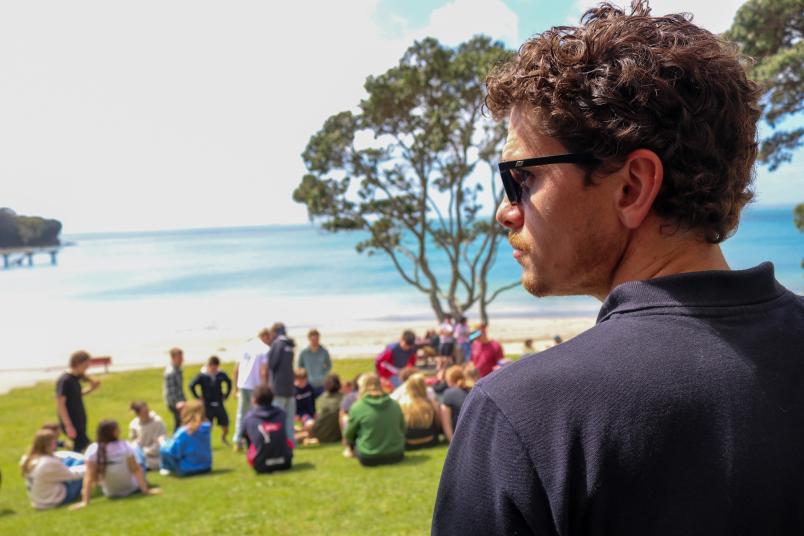
Why have we not seen as many international regattas hosted in NZ recently?
Covid-19 definitely played a big part. As we were locked up for so long, the first focus was getting back out to the world and participating again and checking in with international fleets. While clubs and class associations are now facing different pressures – including economic – I believe now that things have settled down, we can again try to attract some big events.
What are some of the biggest challenges and potential pitfalls to hosting one of these regattas successfully?
Funding is often the largest hurdle, as many costs need to be covered up front. Additionally, logistical challenges like securing quality race officials, accommodation, managing volunteers, and ensuring appropriate facilities can be challenging. Ensuring effective communication and alignment with all parties – club, class association, sponsors etc – is critical to avoid misunderstandings or mismanagement during the event.
What are the costs involved in bringing a big event to NZ?
Costs typically include venue fees, council permits, race management equipment, race management and safety boats, fuel, travel and accommodation for officials, volunteer expenses, marketing, and insurance. There may also be costs for infrastructure improvements at the club for the event.
How important is sponsors and what can clubs do to attract them?
Sponsors are vital for the financial viability of a large event, as they often cover a significant portion of costs. To attract sponsors, clubs can highlight the visibility of the event, particularly to an international audience, and the media opportunities it presents. I would recommend clubs create custom sponsorship packages that align with sponsors’ branding and business objectives.
How many people does it take to run an event of this scale?
Typically, a core team of five to 10 experienced organisers working as a committee is required, under the leadership of an event manager. Then there is additional support from many volunteers, including race officials, for specific roles during the event.
How important is it to work with Yachting New Zealand during this process?
It is crucial to hosting a successful event, as we can not only provide guidance on event regulations, potential funding, and logistical support – but our endorsement can also add credibility to the event bid, which helps with potential funding and attracting sponsors. Yachting New Zealand can also assist with promotion and offer access to their network of officials, judges, and volunteers.
What advice would you share with any class association or club considering hosting a major regatta?
Start planning as early as possible and communicate clearly with all stakeholders. Secure funding before committing and have contingency plans for unforeseen issues. Be aligned with Yachting New Zealand from the start of this process and build a strong volunteer base, as this can make a huge difference in handling the logistical demands.
'Work with Yachting NZ from the start'
Yachting New Zealand is committed to attracting more international regattas to our shores in the coming years, says chief executive David Abercrombie.
“It has been five years since we last hosted an Olympic-class world championships – the 2019 49er, 49erFX and Nacra 17 world championships – and that is something we are determined to change,” Abercrombie said.
“Recent events like SailGP in Christchurch and the America’s Cup have shown how our nation can rally around elite sailing. With the disruption of Covid-19 now in our wake, I believe the time is ripe to again show the world what we can do in our own backyard.”
In November 2019, a dozen Kiwi 49er crews joined over 300 other sailors at the world championships at Auckland’s Royal Akarana Yacht Club.
Among them was a team eager to establish itself among the frontrunners of the international fleet, having just won the 49er junior worlds a few months prior.
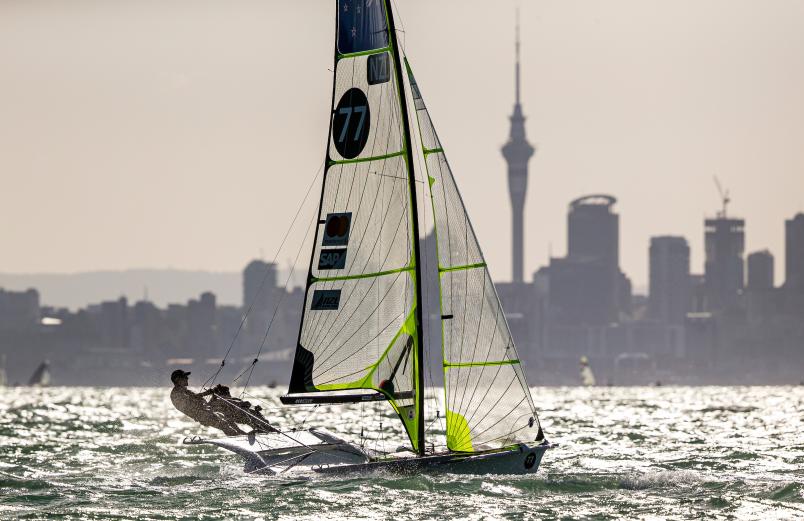
Isaac McHardie and Will McKenzie finished 11th at that regatta, which was won by seasoned compatriots Pete Burling and Blair Tuke — who would go on to claim Olympic silver in Tokyo 18 months later.
The same crew recently emulated Burling and Tuke, finishing second in the men’s skiff at the Paris 2024 Olympics.
“For many New Zealand sailors, like Isaac and Will, the 2019 championships were a rare opportunity to compete in a fleet of that size and quality on home waters,” Abercrombie said.
“We’ve already started preparing for the next Olympic cycle, focusing on building excitement for the 2028 Los Angeles and 2032 Brisbane Olympics and bringing more world-class sailors to our shores more often will help us achieve this.”
Abercrombie did, however, caution that running a successful event requires far more than ambition alone.
“Hosting Olympic or youth-class world championships can boost club revenues but it requires extremely careful planning and collaboration with Yachting New Zealand,” he said.
“We have the experience, expertise, and resources to work with clubs to ensure these events are planned and delivered successfully.”
